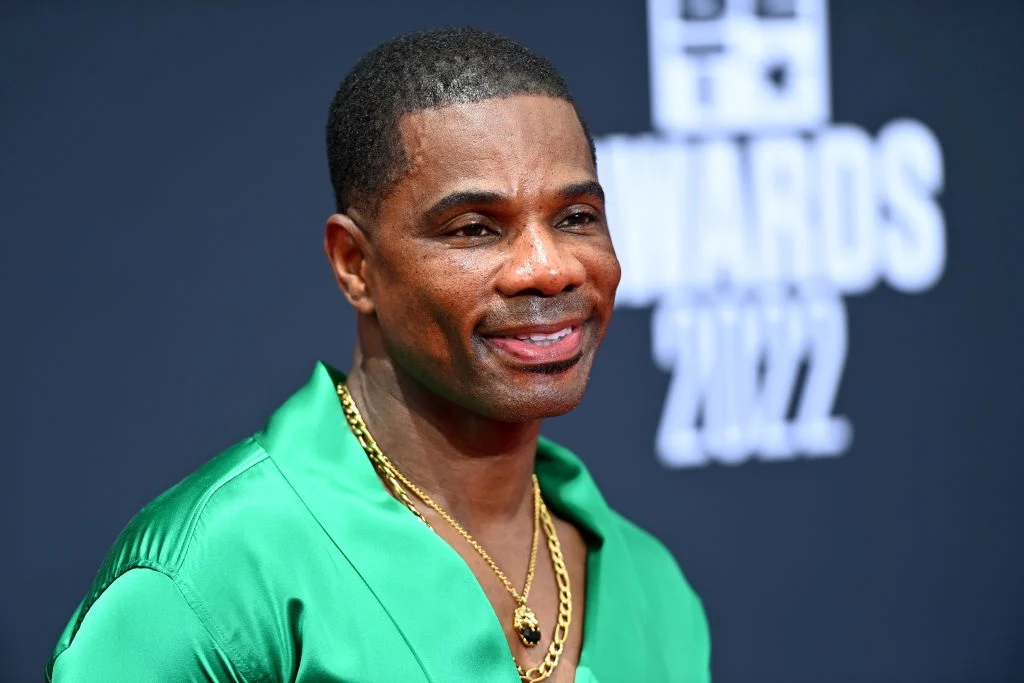After facing backlash from conservative Christians in Jamaica, gospel artist Kirk Franklin has issued a public apology for his actions at the “Fun in the Son” concert held last April. Franklin’s performance, which included dancing and flexing his muscles while dressed in a tank top and shorts, sparked criticism among some attendees who felt his attire and behavior were disrespectful to the event’s Christian audience.
The concert, sponsored by Best Dressed Chicken, a subsidiary of the Jamaica Broilers Group, is known for its strong commitment to Judeo-Christian values. Franklin, a seasoned performer, took to YouTube on Monday to reflect on the situation and express his regret for any offense caused.
In a heartfelt video lasting just over 16 minutes, Franklin acknowledged that his outfit—chosen with the intention of being comfortable for the outdoor event—was perceived as inappropriate by some. “I wasn’t aware that my choice of attire would come across as disrespectful,” Franklin admitted. “As a team, we thought it would be fine given the weather, but I now understand that it was seen differently.”
He went on to explain that, throughout his career, he had always focused on entertaining and engaging audiences through energetic performances, often involving dancing and movement. However, Franklin now recognizes that, despite his good intentions, his actions unintentionally offended some. “I sincerely apologize because I never want to reach a point where I can’t learn from my mistakes or listen to the concerns of others,” he said. “If my actions overshadowed the message of Jesus, then I failed, and for that, I’m truly sorry.”
The concert was part of a celebration for Best Dressed Chicken’s 65th anniversary, which was dedicated to the company’s long-standing partnership with “God’s faithfulness.” Alongside Franklin, the event featured performances from other popular Christian artists, including Toby Mac and local Jamaican acts. Despite the star-studded lineup, Franklin’s performance became the focal point of controversy.

Christopher Levy, CEO of Jamaica Broilers Group and a devout Christian, shared his disappointment with the performance, stating that the company had expected more sensitivity from Franklin, especially given the nature of the event. “When we engage an artist, it’s based on trust, and we expect them to be aware of their audience,” Levy said in a previous statement. “We prayerfully support his growth and trust he will learn from this experience.”
Franklin also addressed another incident that sparked viral attention—his playful interaction with a fellow performer during his “The Reunion Tour” with The Clark Sisters, Yolanda Adams, Marvin Sapp, and Fred Hammond. In a widely circulated video, Franklin was seen twerking on stage, a moment he later reflected on as “too much” in hindsight. He explained that his playful behavior with fellow artists backstage sometimes spills over into his performances, something he now realizes can be off-putting to some.
“I play too much, and when I’m with friends, we have fun and act silly backstage,” Franklin said. “But I have to learn how to separate that from my stage persona. I know now that it can be offensive to some, and I shouldn’t have acted that way in front of the audience.”

In another instance, Franklin acknowledged a controversial moment involving Marvin Sapp, who was seen dancing with Franklin on stage. “It was my fault—I pushed him to dance, and he was just being a good sport,” Franklin admitted, further noting that he takes responsibility for the moment.
Despite the ongoing criticism he has faced, Franklin remains committed to providing an enjoyable experience for his concert attendees. “When people spend their money to attend a concert, I want them to feel like they had a good time without compromising the message of the Gospel,” he shared. “I aim to give you the same level of production and engagement that you’d get at a mainstream show, and I’ll continue doing that, as long as I’m having fun and making people happy.”
For Franklin, the ultimate goal is to balance entertainment with the message of faith, but he also recognizes the importance of being sensitive to his audience. The artist’s apology reflects a willingness to learn and grow from the criticism, ensuring that his future performances align more closely with the values of the communities he seeks to uplift.















